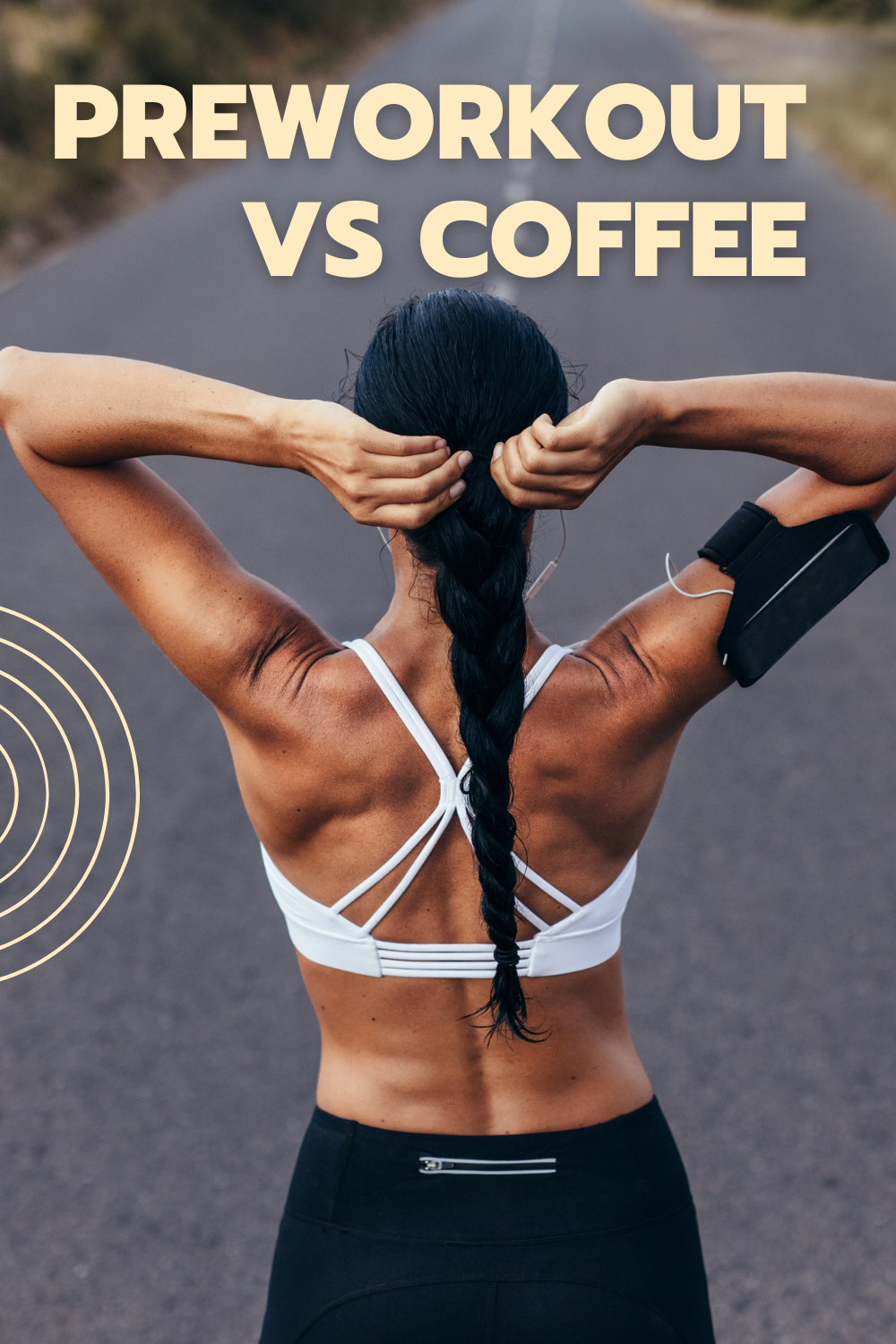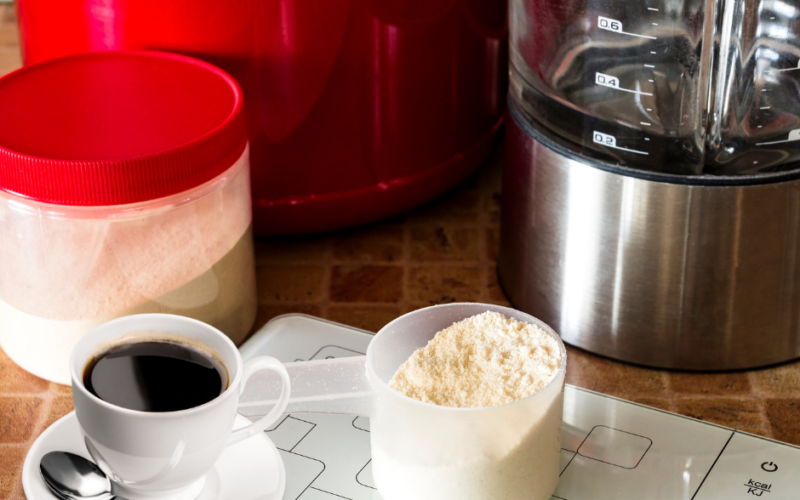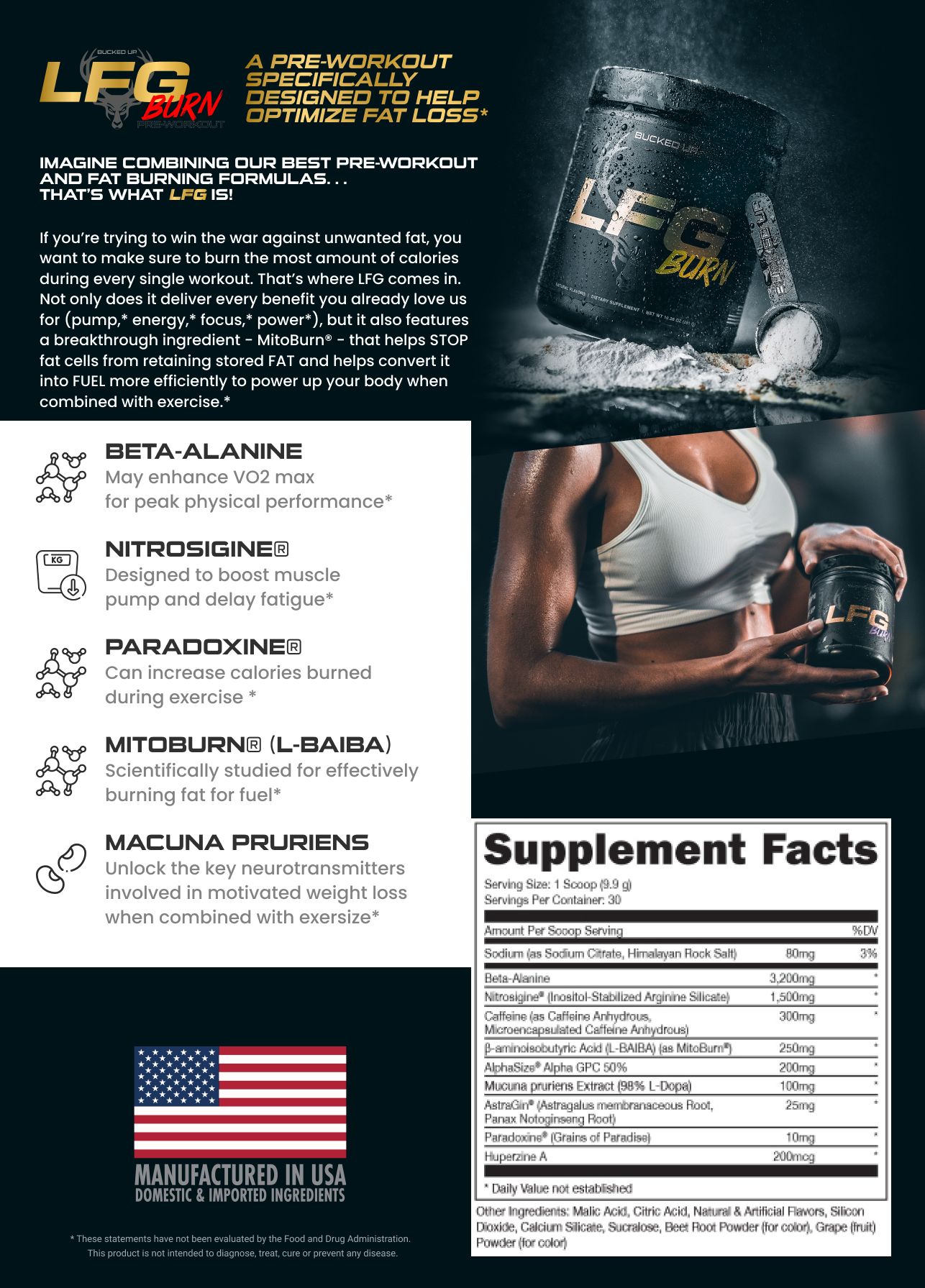Coffee vs Pre-Workout: Which Is Better for Your Fitness Goals?
When it comes to finding that extra gear in your workout, the debate between reaching for a traditional cup of coffee or a specially formulated pre-workout supplement is a hot topic.
Whether you’re a fitness enthusiast, a health-conscious individual, an athlete, or someone focused on weight loss, understanding the benefits and drawbacks of both can help you make an informed decision that aligns with your goals.
Energy Levels
Both coffee and pre-workout supplements offer a caffeine kick to get you energized for your workouts. However, the type of energy they provide can feel quite different in the body.
Coffee delivers a familiar jolt thanks to its caffeine content, which can vary widely depending on the brew. This can be great for wakefulness and a quick boost, making it suitable for morning workouts or when you need a rapid lift.
On average, standard 8-ounce cups of coffee contain about 95 mg of caffeine, though this amount can fluctuate based on factors like the type of coffee bean, the brewing method, and the strength of the brew. This variability allows coffee drinkers to somewhat customize their caffeine intake by choosing different types of coffee and adjusting their brewing techniques.
Pre-Workout, on the other hand, not only contains an optimal level of caffeine for sustained energy, but it’s also formulated with additional ingredients designed to enhance endurance, focus, and strength. This makes it particularly beneficial for rigorous training sessions or when you’re aiming to push your limits.
Among the myriad options available, Bucked Up LFG is my pre-workout of choice, particularly because of its unique blend of added fat-burning ingredients coupled with a precise measure of caffeine, which totals 300 milligrams of caffeine per serving. This combination not only supports heightened energy levels for more intense workouts but also aids in achieving weight loss goals by enhancing the body’s fat metabolism. This strategic mix is why it stands out for me in the crowded field of pre-workout supplements.
Athleticism vs Weight Loss
When choosing between coffee and a pre-workout for athletic performance, consider your specific needs. Athletes requiring quick, explosive energy and heightened mental focus may find that a dedicated pre-workout offers targeted benefits that coffee cannot match, such as improved reaction times and increased blood flow to muscles.
For those focused on weight loss, both options can be effective, but it’s essential to consider what you’re adding to your coffee. It’s not uncommon to enhance the flavor with artificial sweeteners, cream, or syrups, which can add unwanted calories. Pre-workout supplements, in their pure form, provide a straightforward solution without the extra calories, plus the added components (like in the LFG pre-workout) can aid in fat burning and metabolism.
Related: Can I take pre-workout on a plane? How to travel with powder.
Nutrition and Feel
Coffee is naturally low in calories and can offer antioxidants, depending on the brew. However, as previously mentioned, many people add calorie-dense ingredients to enhance flavor, potentially counteracting weight loss goals. When going for coffee, black coffee is ideal but it also depends on personal preference. If you don’t like the taste of coffee without added sugar, try an oat milk or almond milk creamer.
Pre-workout Supplements are designed with performance in mind. A pre-workout drink not only provides a balanced amount of caffeine but also include common ingredients like Beta-Alanine, Citrulline, and Alpha GPC, which can contribute to improved muscle endurance, increased nitric oxide production for better pumps, and sharper focus.
Users often report a distinct feeling of increased readiness and capacity for more extended, more intense training sessions with pre-workout, something that is not as pronounced with coffee.
Comparison of Energy Drinks and Pre-workout Supplements
While both energy drinks and pre-workout supplements are popular choices for boosting energy levels before physical activities, there are notable differences between the two.
Energy drinks are generally designed for a broad audience, offering a quick energy boost through high caffeine content and often added sugars, which can lead to a spike and subsequent crash in energy levels. They may also include vitamins and herbal extracts aimed at increasing alertness.
On the other hand, pre-workout supplements are specifically formulated for athletes and fitness enthusiasts, containing a blend of ingredients designed to enhance physical performance, endurance, and muscle recovery.
Pre-workouts typically offer a more balanced energy lift without the sugar content found in many energy drinks, aiming for sustained performance rather than an immediate energy spike.
Pros and Cons

Benefits of Coffee:
- Widely available and cost-effective.
- Can improve mental alertness and metabolism.
- Offers health benefits like antioxidants.
Coffee Cons:
- The energy boost can be short-lived.
- May lead to jitters or increased heart rate in sensitive individuals.
- Flavor enhancers can add unwanted calories.
- If you don’t like black coffee, you may load it with lots of calories and sugar.
- The average cup of coffee has less caffeine than pre-workout formulas.
- Excessive consumption can lead to elevated blood pressure, especially in individuals sensitive to caffeine.
Benefits of Pre-workouts:
- Pre workouts are formulated for athletic and workout performance + sustained energy.
- Multi-ingredient pre-workout supplements contain additional ingredients for focus, endurance, strength and sometimes fat loss.
- Calorie-free or low-calorie options without the need for flavor add-ins.
- Often includes essential amino acids to support muscle recovery and growth.
- Many athletes find that taking pre-workouts before a training session significantly enhances their stamina and enables them to train at a higher intensity for a longer duration.
- Optimizing exercise performance is crucial, and many fitness enthusiasts leverage the targeted benefits of pre-workouts to achieve this goal more effectively.
- In addition, certain pre-workouts are specifically engineered to enhance muscular strength, enabling athletes to perform more rigorously during resistance training sessions.
Pre-Workout Cons:
- Generally more expensive than coffee.
- Some may experience tingling from ingredients like Beta-Alanine (though this is harmless).
Caffeine, a central nervous system stimulant found in both coffee and pre-workout supplements, plays a significant role in increasing alertness and reducing the perception of effort during exercise. By blocking the adenosine receptors in the brain, caffeine can temporarily ward off drowsiness and restore alertness, making workouts feel less exhaustive.
However, there’s a thin line between a beneficial amount and too much coffee or too much caffeine that leads to negative side effects. Excessive intake can lead to adverse effects such as insomnia, nervousness, restlessness, stomach irritation, rapid heart rate, and muscle tremors.
Health experts suggest that up to 400 milligrams (mg) of caffeine per day appears to be safe for most healthy adults, roughly the amount of caffeine in four cups of brewed coffee. It’s essential to monitor personal tolerance and adjust intake accordingly, considering all sources of caffeine consumed throughout the day. The best way to do this is to start small and increase your intake with time.
In conclusion, both coffee and pre-workout supplements have their place in a fitness regimen. The choice ultimately comes down to your specific goals, preferences, and how your body responds to each.
For sustained energy, enhanced athletic performance, and targeted support towards your fitness objectives, a quality preworkout supplement may offer the most direct path to success. Whichever option you choose, make sure it aligns with your health goals and it’s always a good idea to consult with a healthcare provider if you have any concerns about caffeine intake or supplement use.



